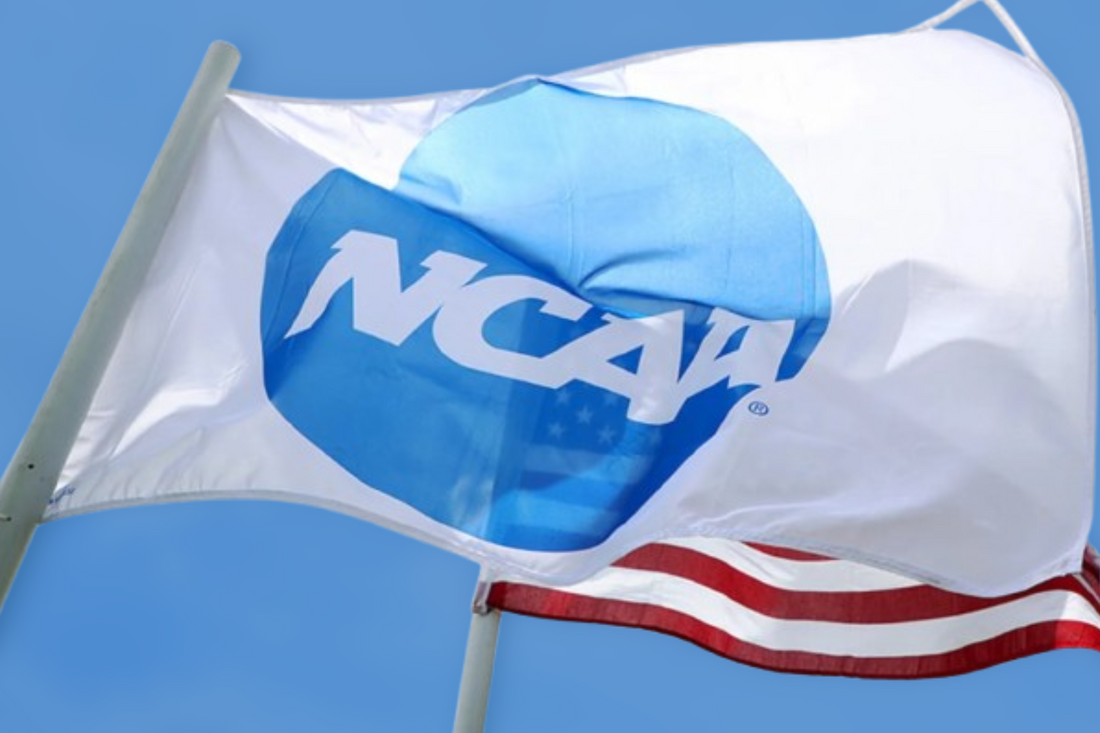
Do d2 athletes get money?
By Jason Bolton December 12, 2023 05:59
The National Collegiate Athletic Association (NCAA) is the governing body for college athletics in the United States, and it is responsible for overseeing the rules and regulations regarding student-athletes. The NCAA is divided into three divisions: Division I, Division II, and Division III. Division II, often referred to as D2, is known for offering a balance between competitive athletics and academics. One common question that arises is whether D2 athletes receive any form of financial compensation. In this article, we will explore the topic of whether NCAA Division II athletes receive money.
Understanding NCAA Division II
NCAA Division II consists of smaller colleges and universities compared to Division I institutions. These schools typically offer fewer scholarships and have smaller athletic budgets. Despite this, Division II athletes still have the opportunity to compete at a high level and receive athletic scholarships. While Division II programs may not offer the same level of financial support as Division I, they still provide opportunities for athletes to offset the cost of their education.
Athletic Scholarships
One of the primary ways NCAA Division II athletes can receive financial support is through athletic scholarships. These scholarships are awarded based on an athlete's talent, skills, and potential contribution to the team. They can cover various expenses, including tuition, room and board, books, and other educational costs. However, it's important to note that the number of scholarships available varies by sport and institution. Not all Division II sports offer full scholarships, and some athletes may only receive partial funding.
Academic Scholarships and Financial Aid
In addition to athletic scholarships, NCAA Division II athletes are also eligible for academic scholarships and other forms of financial aid. Many Division II schools provide merit-based scholarships that are not directly tied to athletics. These scholarships are awarded based on academic achievements, extracurricular involvement, and other criteria. Financial aid packages may also include grants, work-study programs, and loans to help athletes cover the cost of their education.
Employment Opportunities
While NCAA rules restrict Division II athletes from receiving direct payment for their athletic participation, they are allowed to seek employment opportunities outside of their sport. This means that D2 athletes can work part-time jobs or participate in internships to earn money. However, it's important to note that any income earned from these jobs is not directly tied to their athletic performance.
Sponsorships and Endorsements
Unlike professional athletes, NCAA Division II athletes are not allowed to sign endorsement deals or receive sponsorships that are related to their athletic abilities. The NCAA strictly prohibits student-athletes from using their status or likeness for commercial gain. This means that D2 athletes cannot profit from their athletic achievements while competing in college.
Benefits Beyond Money
Although NCAA Division II athletes may not receive direct monetary compensation, there are several other benefits to participating in college sports. For starters, athletes have the opportunity to receive a quality education while pursuing their athletic passions. They also gain valuable life skills such as time management, teamwork, leadership, and discipline. Additionally, Division II athletes have access to top-notch coaching, training facilities, and resources that can help them develop their skills and potentially compete at higher levels in the future.
NCAA Division II athletes do have opportunities to receive financial support, primarily through athletic scholarships, academic scholarships, and other forms of financial aid. While they may not receive the same level of financial compensation as Division I athletes, Division II provides a platform for athletes to pursue their athletic and academic goals simultaneously. It's important to understand that the primary focus of college athletics is to provide student-athletes with a well-rounded education and the opportunity to compete at a high level. The benefits received from participating in Division II sports extend far beyond monetary compensation.


































































